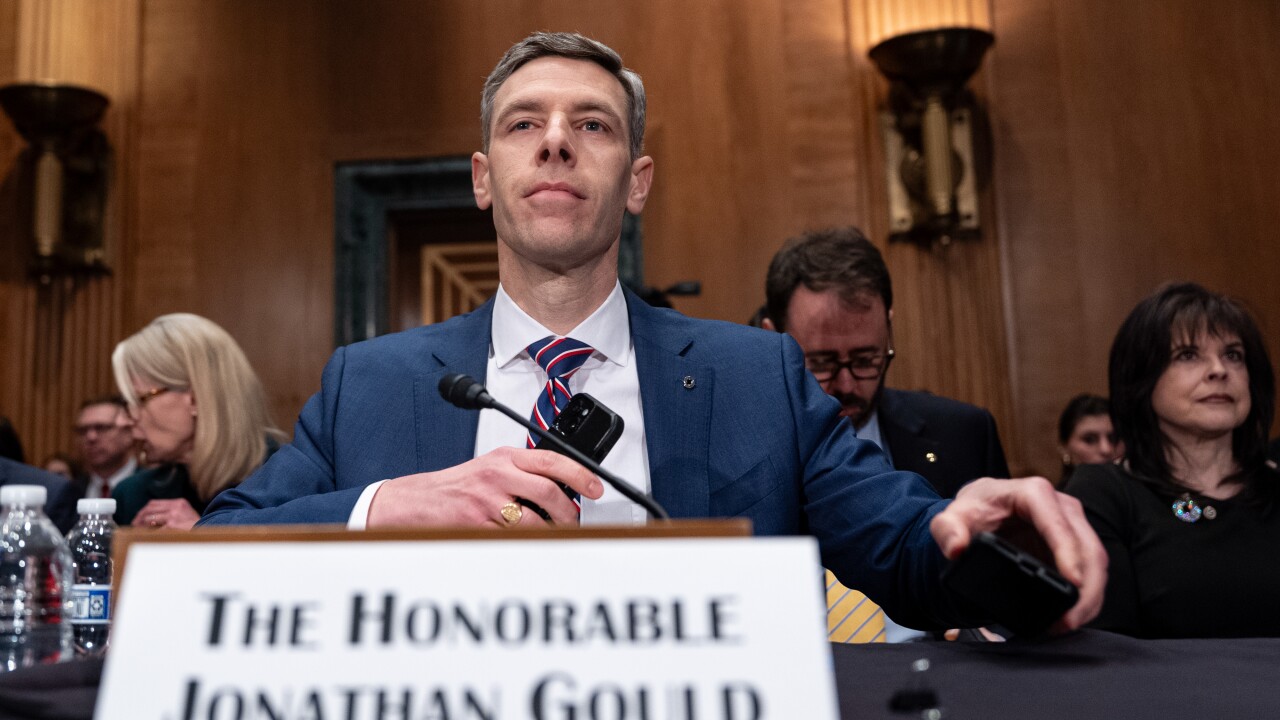Receiving Wide Coverage ...
Sorting it out
Credit Suisse said it cleared CEO Tidjane Thiam of involvement in the bank’s bizarre spying scandal, but COO Pierre-Olivier Bouée, who “ordered the surveillance of the bank’s former wealth-management chief, Iqbal Khan, without discussing it with Mr. Thiam or other senior bank officials,” was forced to resign, the Wall Street Journal reports. The bank “also said it found no evidence Mr. Khan made any attempt to poach employees or clients, contrary to suspicions that people close to the bank had described as underpinning the surveillance. He started work at rival UBS Group on Tuesday.”
“It was wrong to order the surveillance,” Urs Rohner, Credit Suisse’s chairman, said at a “hastily arranged” press conference. “The measures taken did not represent our standards.”
Wall Street Journal
Getting cold feet?
Visa, Mastercard and other key financial partners that signed up to build and maintain Facebook’s cryptocurrency-based Libra payments network “are reconsidering their involvement following backlash from U.S. and European government officials. Wary of attracting regulatory scrutiny, executives of some of Libra’s backers have declined Facebook’s requests to publicly support the project. Their reluctance has Facebook scrambling to keep Libra on track,” the paper says. Members of the group, called the Libra Association, “have been summoned to a meeting in Washington, D.C., on Thursday.”
“

Running longer
“A lending machine has revved up in response” to consumer demand for
Cleaning house
Swedbank, as part of its effort to clean up alleged money laundering in its Estonian division, said it
His time is done
Paul Donovan, the UBS economist who “sparked a furor in the Chinese securities industry” in June when he referenced a “Chinese pig” in a comment about rising inflation was scheduled to return to work Wednesday
Financial Times
Robot revolution
In the “greatest transfer from labor to capital” the banking industry has ever seen, U.S. banks “will cut more than 200,000 jobs in the next decade as robots and other technology” reduce the need for human workers, according to a 225-page report from Wells Fargo. The job cuts, which “would represent more than 10% of total bank jobs, would be felt most heavily in back offices, branches and call centers, where staff numbers could fall by between 20 and 30%. The job cuts would reverse a largely-unbroken trend of net job creation in the U.S. banking industry.”
But the job reductions will lead to a “
Window dressing
Bank investment in fintech startups after the financial crisis may have all been a sham, the paper writes. The banks “claimed they were ready to disrupt and encourage innovation. But the reality looked more like
Separately, Federal Deposit Insurance Corp. Chairman Jelena McWilliams said “regulators should create a climate for
Outta there
Vernon Hill is expected to sever ties with Metro Bank, the U.K. challenger bank he founded more than eight years ago, at the end of the year. In July Metro said Hill “would step down as chairman following months of pressure from investors and regulators, but he had been
Working together
Marcus, Goldman Sachs’ consumer bank, has launched two savings accounts in partnership with Saga, the U.K. firm that caters to selling products to people over 50. In June the two companies agreed to become “
Elsewhere
Another clue
Changes in the way JPMorgan Chase manages its massive $2.7 trillion balance sheet may have played a role in last month’s turmoil in the short-term repo market, which prompted the Federal Reserve to promise to lend at least $75 billion each day until October 10. “Publicly-filed data shows JPMorgan reduced the cash it has on deposit at the Fed, from which it might have lent, by $158 billion in the year through June, a 57% decline.”
“Although JPMorgan’s moves appear to have been logical responses to interest rate trends and post-crisis banking regulations, which have limited it more than other banks, the data shows its switch
Quotable
“The banking industry is a slower growing industry than it’s been in the past.





